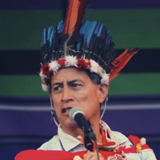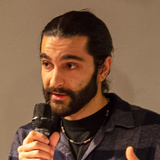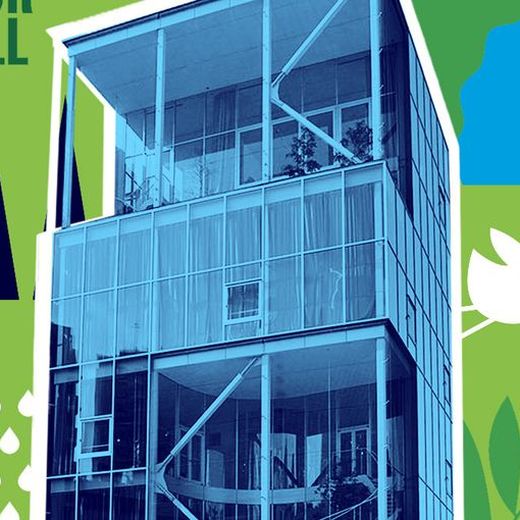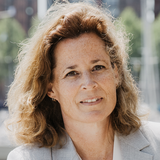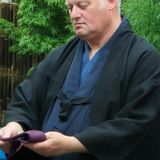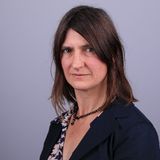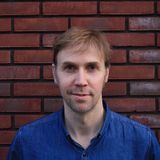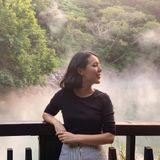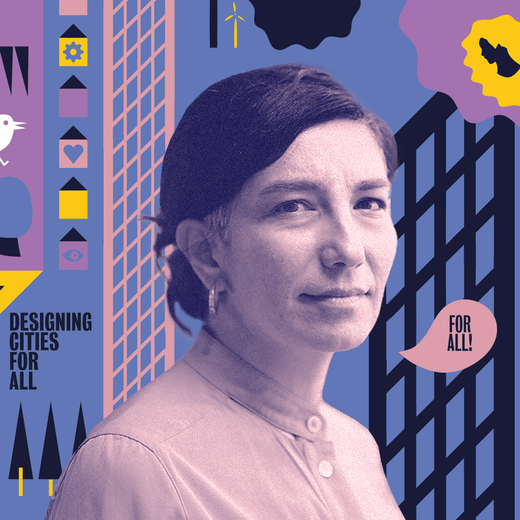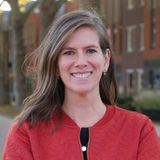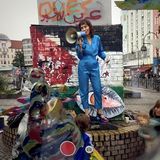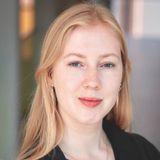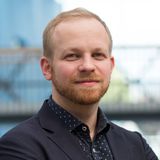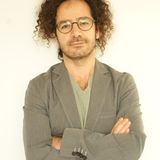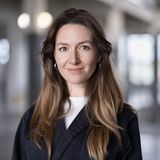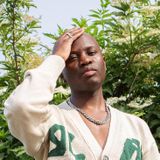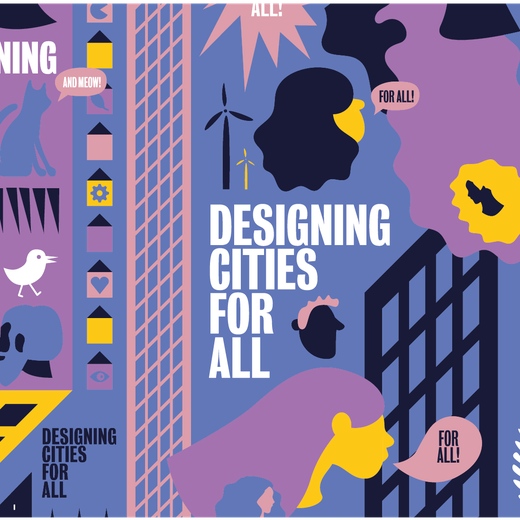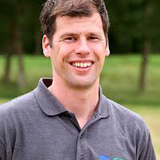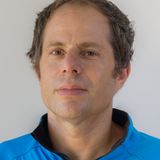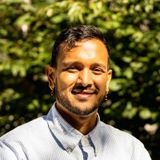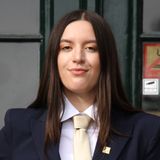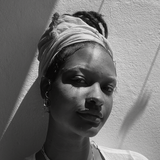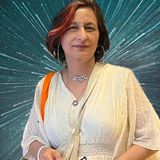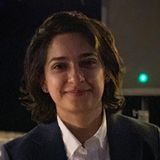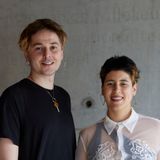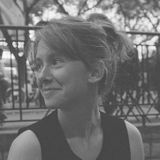Designing Cities For All (2021/2022)
In 2021/2022, Designing Cities for All (DCFA) explored the notion of exclusion by design – the conscious or unconscious exclusion of certain people, groups and other creatures through non-inclusive design. The role of design in the fields of Inclusion & Diversity, Architecture, Climate (Justice), (Digital) Democracy, Equity, Technology, (Health)care, Journalism, Participatory Design, Education and Decolonisation was mapped out and examined, together with an array of designers, artists, storytellers, policymakers, urban planners, scientists and other experts, including six DCFA Fellows.
One of the most important lessons gained during the 2021/2022 series is that to truly design ‘for all’, we have to widen our gaze beyond the human. Keeping systems afloat in which humankind can only thrive at the expense of other beings is just nor sustainable. Cities ‘for, by and with’ everyone are not enough – we need to aim for cities for, by and with all (living) things. Which is why in 2023/2024, DCFA is looking through the social and ecological lens of regenerative design.














































